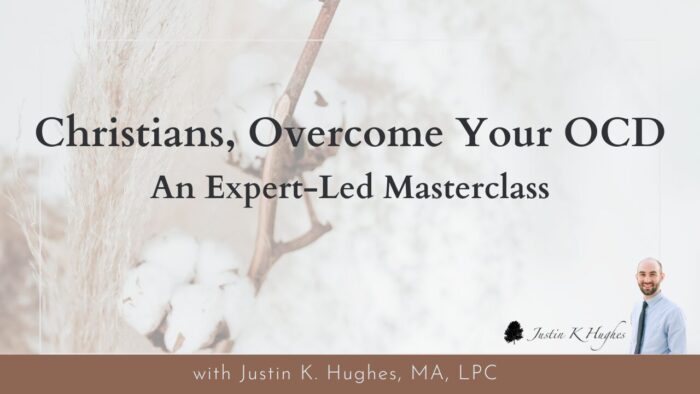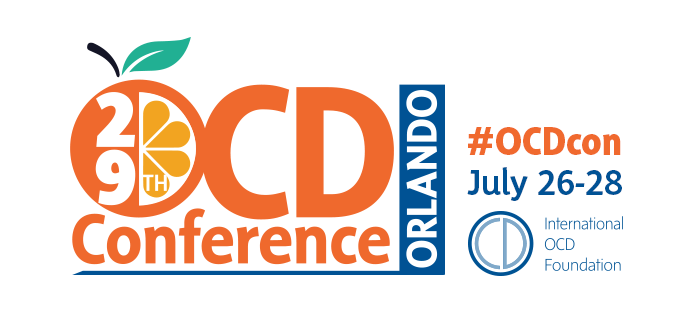
If you’re like over 1 billion people on this planet that use the internet, you have probably searched at some point for information pertaining to your health. From understanding whether you have a common cold to symptoms of depression, these searches can provide useful information. I use Google almost daily, and sometimes to understand health-related topics.
Conversely, many clients I work with find that the internet/Google/WebMD/etc. can also be an enemy to well-being. For some clients, I recommend the intervention of avoiding scouring the web on topics related to their diagnosis. Problems come up in one of several ways:
- Compulsive searching for reassurance, connection, and understanding- producing more anxiety
- Making doctor-like decisions about health
- Self-diagnosing complicated diagnoses
- Getting suckered into a product or service
- Getting unbalanced information
The internet is an amazing tool. I see how it can also become the “decision-maker extraordinaire.” I caution folks to consider the limitations of this tool- as with anything. In my office, I hear how people fall deeper into fears, phobias, health concerns, and cognitive distortions. When you read news stories, blogs (this one included), and comments, are you discerning into what you’re reading? Do you just take it as Gospel-truth, or do you approach actively?
Here’s a brief study in statistical science (trust me, I’m getting somewhere). The famous saying is, “Correlation does not imply causation.” Just because something seems to relate to another thing doesn’t mean it really does. One experience or claim, even multiple ones, don’t prove truth. This is where science itself has to be careful. Research can be ever-changing, sometimes with very different results under the same conditions. Examples in the last half-century alone are:
- Eggs are bad for you/good for you
- Alcoholism is insanity/brain disease
- Spicy foods boost metabolism/don’t
- Exploding with anger gets rid of it/intensifies it
If scientific studies disagree with each other, information found through an online search probably needs to be ‘taken with a grain of salt’ even more. Sensational news receives the most attention. The loudest voice gets heard. Being healthy requires sifting through all of the harmful and worthless information with discernment and wisdom. Enjoy Google searches; but remember its limitations and what you’re getting. If you learn to be a discerning researcher and critical thinker, your mental state will thank you.
Truly Yours,
Justin K. Hughes








Leave a Reply